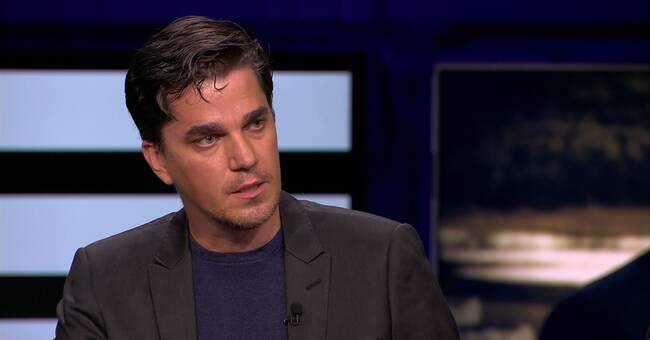The assassination attempt on Alexei Navalny has aroused the involvement of the outside world and Germany has threatened sanctions if Russia does not investigate what happened when the opposition politician was poisoned by Novitjok.
- You will probably not back down from the official position you have had from the beginning, which is that they have nothing to do with it and that Alexei Navalny fell ill for completely different reasons than poisoning, says Russian researcher Martin Kragh in SVT's Agenda .
He does not believe that Russia will meet Germany's demands.
- At present, it does not look like there will be an investigation.
Many, including myself, would probably be surprised if there was an investigation.
"Sending a signal"
The assassination attempt on Navalny may be linked to the protests in Belarus, according to Martin Kragh.
- The big question that is now at stake is what is happening in Belarus where large protests have been going on for almost three weeks against the incumbent dictator Alexander Lukashenko.
After some hesitation, Moscow has now begun to support Lukashenko again and insists on deeper integration between the two countries.
- My hypothesis is that these two things are connected.
Putin wants to prevent a similar protest movement from emerging in Russia.
They are sending a signal and the geopolitical goal that is at stake, and which has a high strategic value for Moscow, it is currently Belarus, says Martin Kragh.
"Feels strong responsibility"
If it is the Putin regime that is behind the poisoning, it may have happened now because they want to send a signal to the protesters in Belarus, according to the Russian researcher.
- It is a hypothesis that you can at least think about, says Martin Kragh.
That Alexei Navalny is the most famous opposition politician in Russia, and that he was transferred to Germany, Martin Kragh believes are two reasons why the outside world's involvement in the issue is great.
- The German government in particular feels a strong responsibility for him and his life, and the means used are not common, it is not a pistol but a chemical weapon, says Martin Kragh.

